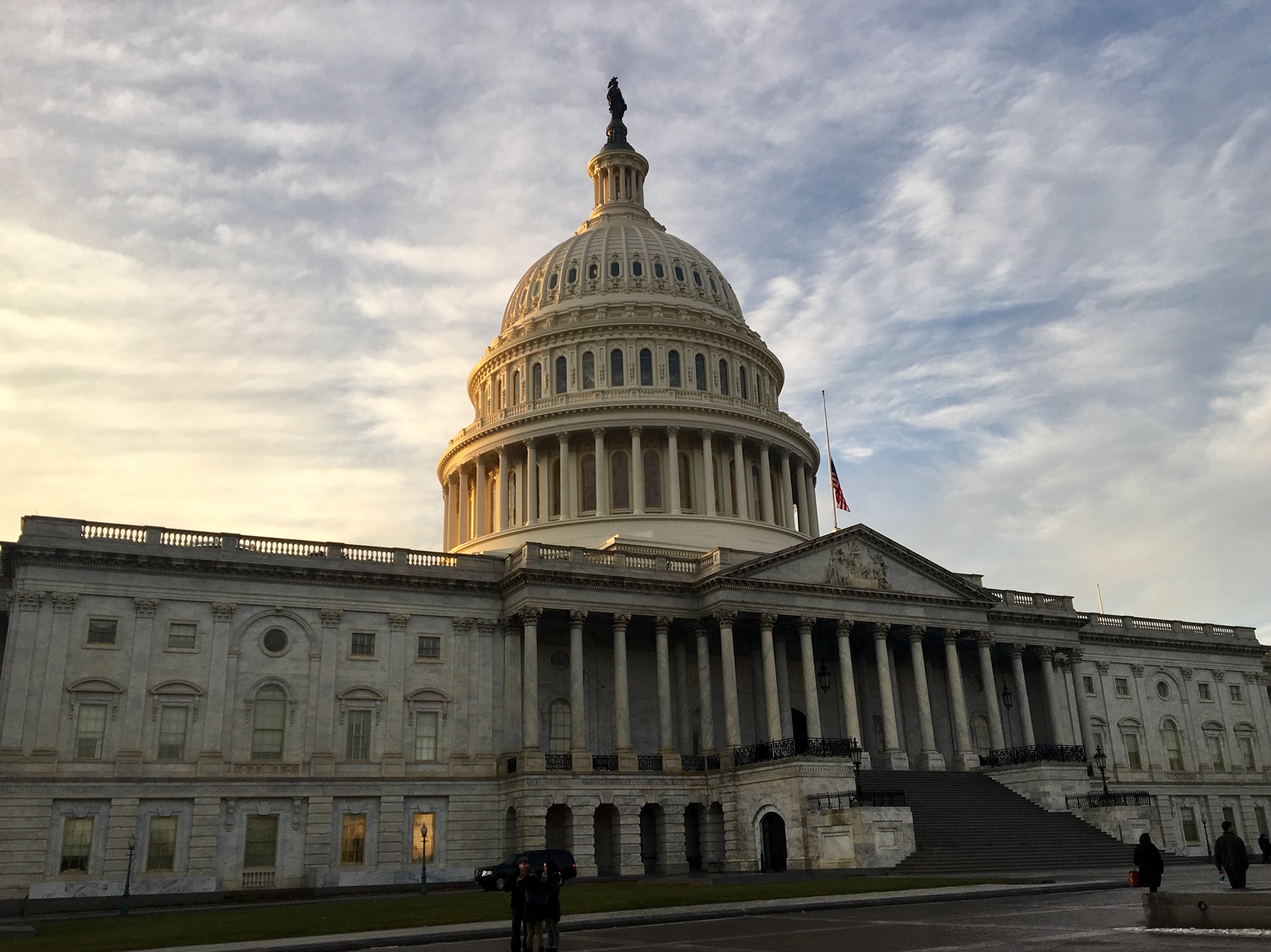US House of Representatives passes Open Courts Act with bipartisan support

In a major victory for court access advocates, the U.S. House of Representatives passed the Open Courts Act of 2020 on Tuesday, marking the first time that a chamber of Congress has voted to eliminate the federal judicial system’s court records paywall.
Sponsored by Reps. Hank Johnson (D-Ga.) and Doug Collins (R-Ga.), the legislation would do away with burdensome fees that discourage or block access to federal court records and create a new, modernized system for access to these records. The current system, known as the PACER paywall, has long been a source of frustration for journalists, news organizations and members of the public.
“Whether it’s a journalist reporting on the court’s activities or a citizen petitioning the court for redress,” Johnson said on the House floor, “access to the courts should be free to all, not just to those who can afford it.”
The Reporters Committee sent a letter to House leadership last week urging them to bring the bill to a floor vote. As the Reporters Committee’s letter notes, the per-page fees represent a significant barrier to accessing public court documents — records the press and public have a right to access under the First Amendment and common law. The letter is the Reporters Committee’s latest effort advocating for increased public access to the federal judiciary.
The current version of the Open Courts Act, as passed out of the House, has some key differences from the version that passed unanimously out of the House Judiciary Committee in September. First, on a positive note, the committee version would have provided for a delay in access to certain court records, while the bill that passed the full House provides that the new, modernized system “shall make public court records automatically accessible to the public upon receipt of such records.” Immediate access to public court records after filing would help improve accuracy in news reporting and promote transparency in the federal judicial system.
Second, on a less positive note, the House-passed version would still provide for access fees, but only to help fund and develop the new modernized records system for “power users.” These users would be people that accrue fees over a certain amount for accessing federal court records. This monetary amount was dropped from those that accrue $25,000 in PACER fees per quarter to $6,000 in PACER fees per quarter. The bill also gives the director of the Administrative Office of the U.S. Courts the authority to “modify the scope and scale” of these fees. Lowering the PACER fees per quarter means that more users could potentially be categorized as “power users” that would fund this new system, which would undercut the purpose of the bill: to make PACER broadly accessible.
Finally, there are additional good governance and accountability measures in this bill. It includes a mandated 60-day public comment period should the Judicial Conference seek any fee increase in the future, and would require a Government Accountability Office review of how money is spent on building the system, in order to ensure there are no implementation issues that arise.
The bill now moves to the Senate, where a companion bill was introduced on Dec. 9 by Sens. Rob Portman (R-Ohio) and Ron Wyden (D-Ore.). The Senate bill is identical to the version that passed out of the House Judiciary Committee in September. While Senate consideration during this Congress is unlikely, the House vote — particularly with such strong bipartisan support — tees up the legislation nicely for the next Congress. Its passage is an achievement that court access advocates should be proud of.
The Reporters Committee regularly files friend-of-the-court briefs and its attorneys represent journalists and news organizations pro bono in court cases that involve First Amendment freedoms, the newsgathering rights of journalists and access to public information. Stay up-to-date on our work by signing up for our monthly newsletter and following us on Twitter or Instagram.